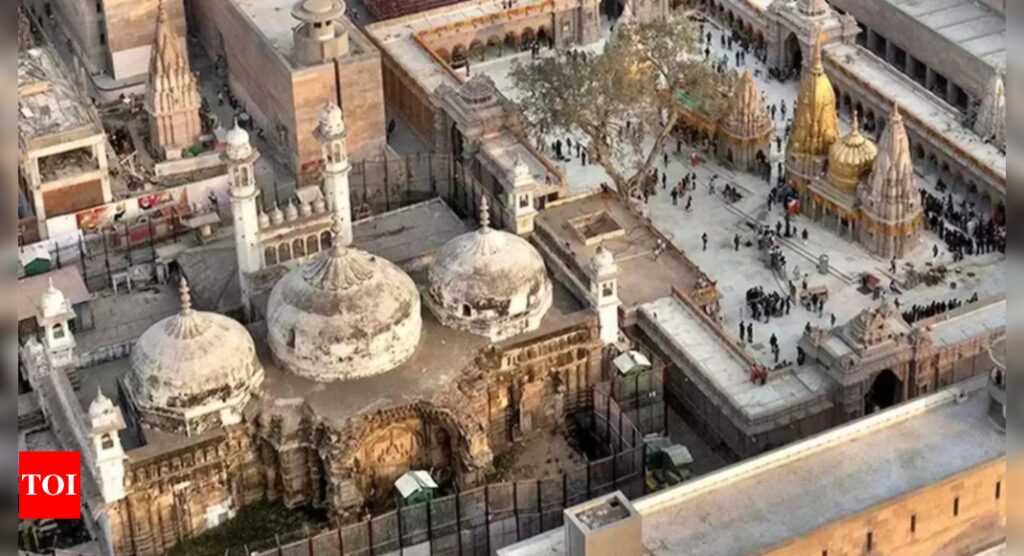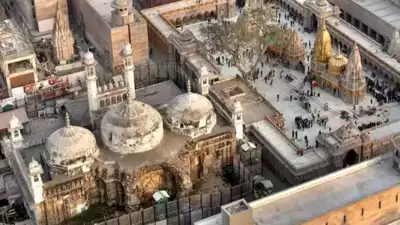Gyanvapi case: Varanasi court dismisses plea for additional ASI survey | India News – Times of India


NEW DELHI: Varanasi court on Friday rejected a request from the Hindu side for an additional Archaeological Survey of India (ASI) examination of the Gyanvapi premises.
Following the decision, Advocate Vijay Shankar Rastogi, representing the Hindu side, announced plans to file an appeal in the high court.
“The court has rejected our application for an additional survey of the protection of the whole Gyanvapi area by the ASI,” Rastogi said. “We will go to the high court against this decision… within the time limitation, within 30 days.”
Rastogi explained that the application for an additional survey was based on a previous directive issued on April 8, 2021. That order, according to Rastogi, had specified a detailed survey by a five-member ASI team that would include an expert from a central university and a representative from a minority community. However, the Hindu side believes the prior ASI survey did not meet these standards.
“We had requested the court to comply with its previous directive dated April 8, 2021, as the prior survey and the report submitted did not adhere to that order. On April 8, 2021, the court had clearly directed that the ASI form a five-member team, which would include a representative from a minority community and an expert from a central university in archaeology. However, the previous survey report was solely conducted by ASI, lacking this specified team composition.”
Rastogi noted that the high court endorsed this directive and advised that if the previous survey was found non-compliant, the local court should order an additional one. “The order dated April 8, 2021—endorsed by the high court —directed this court that if the ASI’s earlier report did not align with the April 8 requirements, then an additional survey should be ordered. Based on the information I have gathered so far, this court has not taken that directive into consideration,” he said.
Another point of contention, Rastogi pointed out, was that the survey request included the wazukhana (ablution area) and a 100-metre radius around it, but this area has yet to be fully surveyed. According to Rastogi, the court had instructed only for its preservation but did not seal it, leading the ASI to exclude it from the survey.
“The wazukhana has not been sealed; the district magistrate was only directed to protect it, which does not mean sealing it. The ASI had previously stated that the high court had ordered it sealed, but no such order exists, and hence, that part of the property has not been surveyed,” he said.
Rastogi further explained that the lack of excavation under the main dome, believed to be situated directly over the Jyotirlinga of Lord Vishweshwar. The prior survey, conducted with ground-penetrating radar, detected rubble and stones down to 5.8 meters but did not provide further insights from deeper levels.
“Our request was to excavate a 4×4 metre trench at a safe distance to allow ASI to access the area below the central dome and report back to the court. We will now examine the grounds on which the court dismissed our application and proceed to the High Court with our appeal.”
The Hindu side intends to seek compliance with the initial 2021 directive in their high court appeal, hoping for a more comprehensive survey to meet the specifications outlined in the court’s previous orders.





